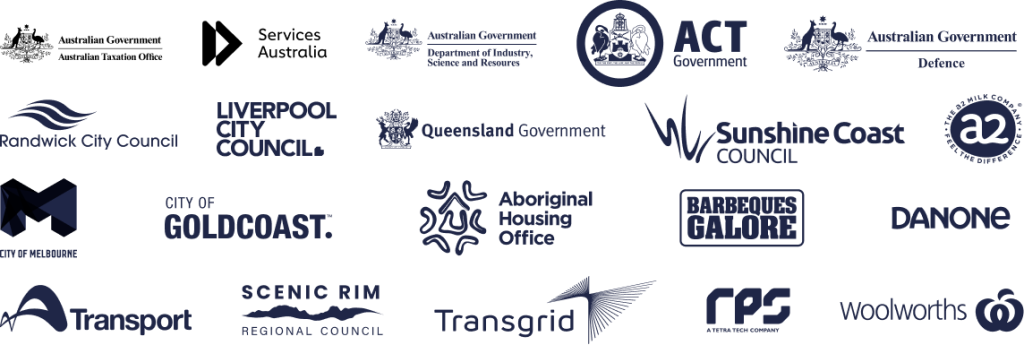Industry Insights
The Importance of Case Studies in Corporate Learning

The Importance of Well-Defined and Contextualised Case Studies in Corporate Learning
In the ever-evolving landscape of corporate learning, the use of well-defined and contextualised case studies has become a cornerstone for effective training programs. These case studies not only simulate real-world scenarios but also engage learners in a way that traditional methods often fail to achieve. By engaging with clients early on, organisations can tailor these case studies to reflect the specific challenges and environments that learners will face, making the training more relevant and impactful.
Engaging Clients Early: The Key to Effective Case Studies
The process of creating effective case studies begins with early engagement with clients. This initial interaction is crucial as it helps in understanding the unique needs and challenges of the client’s industry. By involving clients from the outset, organisations can gather valuable insights that shape the case studies to be as realistic and applicable as possible. This approach ensures that the scenarios presented are not only relevant but also resonate with the learners, thereby enhancing their engagement and retention of the material.
Mimicking Real-World Experiences
One of the primary benefits of well-defined case studies is their ability to mimic real-world experiences. When learners encounter scenarios that closely resemble their actual work environment, they are more likely to engage deeply with the content. This engagement is critical as it helps learners draw meaningful connections between the training and their day-to-day tasks. As a result, the lessons learned during the training are more likely to be recalled and applied in future work situations. This is backed up by the Harvard Business Review article by Nitin Nohria: What the case study method really teaches
Certitude Australia’s Approach to Case Studies
Over the past few years, Certitude Australia has perfected the art of designing courses that incorporate interactive and relevant case studies. By focusing on creating real-world, relatable scenarios, Certitude Australia has set a new standard in corporate learning. Their approach involves a thorough analysis of the client’s needs and challenges, followed by the development of case studies that are tailored to address these specific issues.
Certitude Australia’s courses are designed to be interactive, encouraging learners to actively participate and engage with the material. This interactive element is crucial as it transforms passive learning into an active, immersive experience. Learners are not just passive recipients of information; they become active problem-solvers, applying their knowledge to realistic scenarios that mirror their work environment. Some of our clients that have experienced customised course development include:

The Impact of Contextualised Learning
The impact of contextualised learning cannot be overstated. When learners see the direct relevance of their training to their work, they are more motivated to engage with the material. This relevance also aids in the retention of information, as learners can easily recall and apply what they have learned when faced with similar situations in the workplace. Certitude Australia’s commitment to creating contextualised case studies has resulted in courses that are not only informative but also transformative, equipping learners with the skills and confidence they need to excel in their roles.
Conclusion
In conclusion, the importance of well-defined and contextualised case studies in corporate learning is clear. By engaging clients early and creating realistic, interactive scenarios, organisations like Certitude Australia are able to deliver training that is both relevant and impactful. This approach not only enhances learner engagement but also ensures that the lessons learned are retained and applied in the real world, leading to better performance and outcomes.

